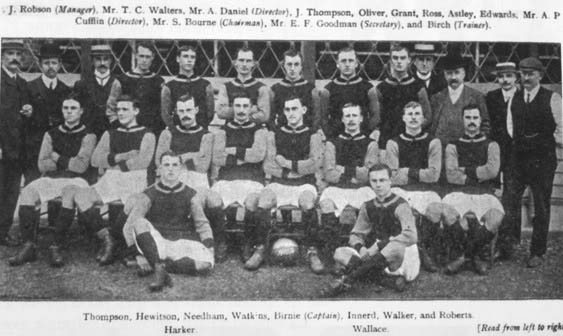Crystal Palace Banned from Europa League for Multi-Club Ownership Breach

In a significant development for English football, Crystal Palace has been banned from competing in the Europa League for the 2025-2026 season due to a breach of UEFA's multi-club ownership regulations. This decision, announced by UEFA on July 11, 2025, follows the organization’s conclusion that the club's majority shareholder, John Textor, also owns Lyon, another team participating in the tournament. Consequently, Crystal Palace will instead compete in the Conference League, marking a disappointing turn of events for a club that had anticipated European competition following their FA Cup victory.
The multi-club ownership rules established by UEFA prohibit clubs with the same owner from participating in the same competition if it is deemed that one owner holds a decisive influence over both teams. UEFA's ruling was expected after Lyon successfully overturned their relegation to Ligue 2 earlier in the week, thereby securing their place in the Europa League. According to UEFA's statement, the club's admission to the Europa League was rejected based on findings from its club financial control body.
Dr. Emily Roberts, a sports law expert at the University of London, explained the implications of the ruling: "The decision underscores UEFA's commitment to maintaining competitive integrity within its tournaments. The multi-club ownership rules aim to prevent conflicts of interest that could arise from shared ownership."
Crystal Palace's management, including Textor, who is the club's largest shareholder, had hoped to resolve the ownership issue by selling his shares to US billionaire Woody Johnson. However, the sale was not finalized by the March deadline set by UEFA. Furthermore, Textor's recent resignation from his executive positions at Lyon, including the board of directors, has added to the uncertainty surrounding the club's future.
In response to the ban, Crystal Palace is expected to appeal the decision to the Court of Arbitration for Sport (CAS). The club’s co-owners, including Steve Parish, Josh Harris, and David Blitzer, argued during a meeting at UEFA's headquarters that Textor does not exert decisive influence over Crystal Palace. Nonetheless, UEFA rejected their appeal to place their shares in a blind trust, a move that has been utilized by other clubs to navigate similar ownership conflicts.
John Textor defended his position in a recent interview, stating, "Why should I place my interests in a trust before March when the rule specifies that it is necessary only if I have decisive influence? I do not."
The implications of this ruling extend beyond Crystal Palace. Nottingham Forest stands poised to be promoted from the Conference League to the Europa League, pending the outcome of any legal challenges that may arise from Crystal Palace's appeal. UEFA has indicated that it will refrain from making further announcements until the court proceedings are resolved.
The situation reflects broader issues within football regarding ownership structures and competitive balance. Dr. Michael Thompson, a professor of sports management at the University of Manchester, noted, "This case highlights the need for clear regulations around club ownership, especially as the landscape of football continues to evolve with increasing investment from wealthy individuals and consortiums."
Looking ahead, the ruling could prompt UEFA to reassess its multi-club ownership rules, especially as clubs navigate complex ownership structures in the quest for financial sustainability and competitive success. The outcome of Crystal Palace's appeal will be closely watched, not just by the club but by other teams facing similar dilemmas in the future. As football governance continues to evolve, the ramifications of this case may well shape the landscape of European football for years to come.
Advertisement
Tags
Advertisement





